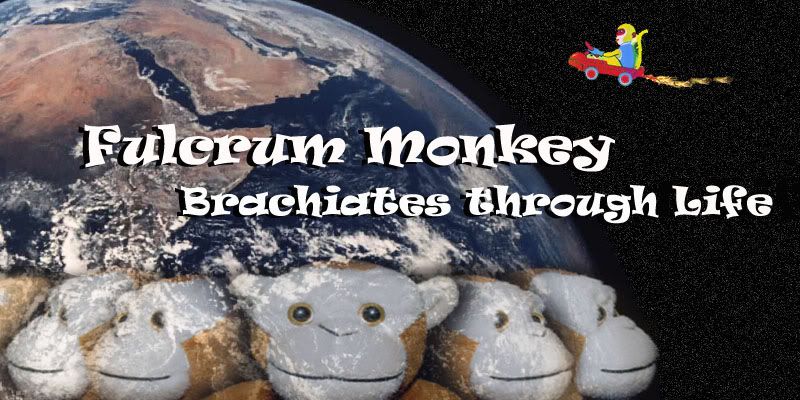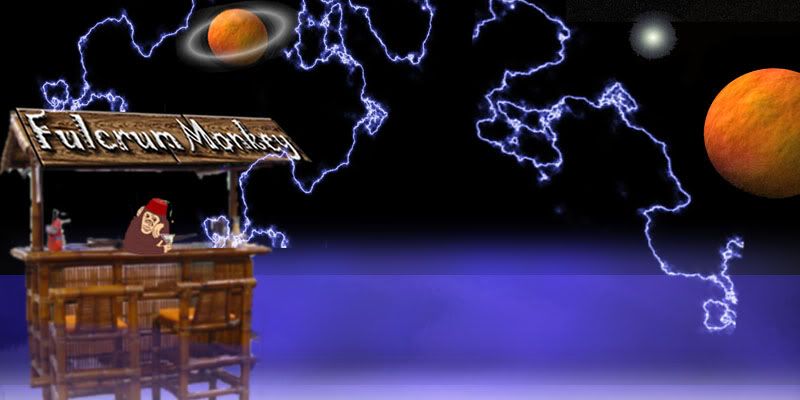David Hume to Descartes, "The world is more like a cabbage than a watch."
From The Writer's Almanac:
...it's the birthday of the philosopher David Hume, born in Edinburgh, Scotland in 1711. He was born at a time when Edinburgh was one of the poorest, most backward cities in Europe. It was muddy, no sewage system, polluted by peat smoke. Alcoholism was everywhere. Even children drank whiskey every day.
On top of all the drinking there was a very strict religious climate. If you skipped church on the Sabbath, there were groups of religious police known as the Seizers who would grab you on the street and take you to mass. Less than 15 years before Hume was born in 1711, there was an 18-year-old college student put on trial for saying openly that he thought Christianity was nonsense, and he was convicted and he was hanged for blasphemy.
There was, on the other hand, great literacy in Edinburgh. Religious leaders believed that everybody ought to be able to read the Bible, and so all children learned how to read, including young David Hume, who grew up fascinated by philosophy—which caused him to lose his faith when he was 18 years old. He wrote to a friend, "I found a certain boldness of temper growing in me, which was not inclined to submit to any authority. I was forced to seek out some new medium by which truth might be established. " And that was philosophy.
He became obsessed with the idea of truth, of how people can know the truth about anything. He wrote his Treatise of Human Nature (1739), in which he argued that it may be impossible to know anything for sure about the world, that we can experience the world but never fully understand it.
David Hume became the leading figure of a group of Scottish intellectuals, including the economist Adam Smith, who invented the study of economics; Adam Ferguson, who helped invent sociology; James Hutton, who invented geology; Joseph Black and William Cullen, who invented modern chemistry; James Watt, who developed the steam engine; James Boswell, who wrote the greatest biography of all time; Sir Walter Scott, who wrote the first great novel; and Hugh Blair, who was the first University professor to teach a course in English literature.
In 1755, the Church of England tried to prosecute him for his skepticism, but the case was dismissed and David Hume became one of the first to openly question the existence of God and suffer almost no consequences.
It was David Hume who said, "Reading and sauntering and lounging and dozing, which I call thinking, is my supreme happiness."




0 Comments:
Post a Comment
<< Home